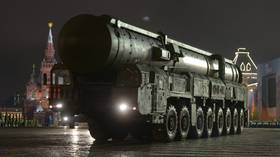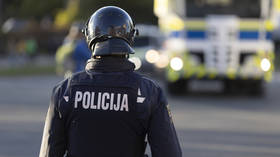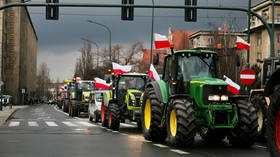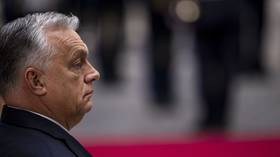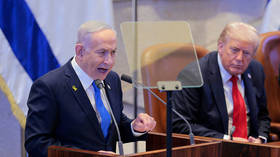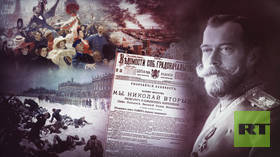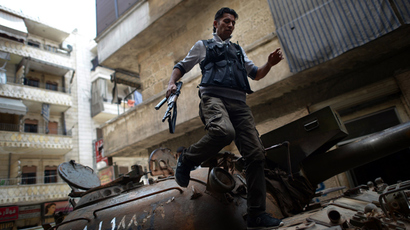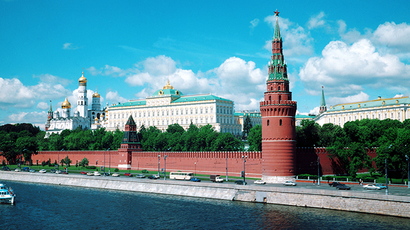Syria no-fly zone: US to throw 'gas on the flames'?
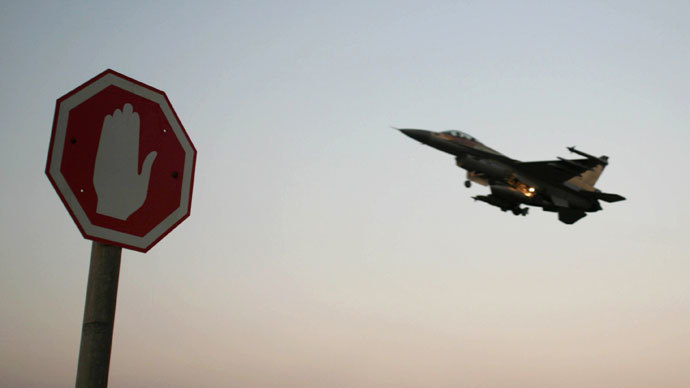
The US is debating setting up a no-fly zone across Syria and along Jordan’s border: a matter deemed difficult and costly but still being given serious consideration after disputed claims that nerve gas was used by the Syrian government.
“Washington is considering a no-fly zone to help Assad's
opponents,” one senior diplomat told Reuters. He said it
would be limited “time-wise and area-wise,” adding that it
could be implemented “possibly near the Jordanian border.”
A White House spokesperson stated on Friday that it
would be expensive, and not their preferred choice. “We feel
like the best course of action is to try to strengthen a moderate
opposition,” Deputy National Security Advisor Ben Rhodes told
a news briefing.
Even a limited zone could cost the US at much as $50 million per
day, according to the WSJ. A full-scale operation would be
considerably more expensive. The Pentagon has hopes that US
foreign partners will help in footing the bill, if necessary.
Jordan currently has a massive presence of US troops, which took
part in a major exercise, dubbed Eager Lion. On Thursday, the
Obama administration authorized the arming of rebels, and the
Pentagon decided that it would keep its F-16 fighter jets and
Patriot anti-aircraft missiles in Jordan after taking part in the
drill, according to a US defense official, who spoke to AFP on
condition of anonymity.
“It seems to me this is a very dangerous and ominous moment,
particularly as Sunni clerics have just met in Cairo, Egypt and
called for a holy war against the Assad regime. Instead of trying
to calm things down, it seems to me the Obama administration is
about to throw gas on the flames,” author and historian
Gerald Horne told RT.
Dozens of civilians died in various areas of Tripoli in 2011,
with a collapsed building resulting from NATO bombing killing
some 40 people, according to the Vatican's top envoy to Libya.
The US’s next steps are held with suspicion and apprehension in
both Moscow and Beijing after the Libyan débâcle, in which a
‘no-fly zone’ erupted into a full-scale NATO bombing campaign,
tipping the balance in favor of Libyan rebels and allowing them
to oust Libyan leader Muammar Gaddafi.
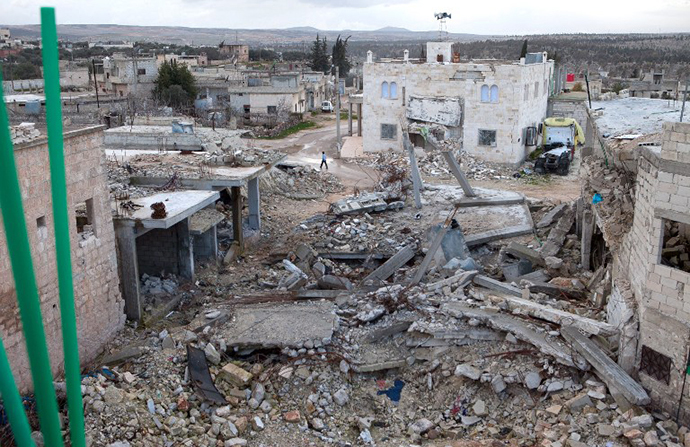
The US government is asserting that chemical weapons, most likely sarin (a nerve gas), were used in battle against the Syrian rebels, according to Deputy National Security Adviser for Strategic Communications Ben Rhodes.
The White House claims to have obtained ‘proof,’ which could reinforce ideas that a no-fly zone to accompany the gradual arming of rebels is on the cards: a move labeled “flagrant double standards,” by Syria.
Russia remains skeptical that the US is in possession of such proof. “I will say frankly that what was presented to us by the Americans does not look convincing,” said foreign policy adviser Yuri Ushakov on Friday. “It would be hard even to call them facts.”
“We are seeking a constructive solution to this issue which is vital for the situation in the region,” continued Ushakov.
“Providing arms to either side would not address this current situation,” UN Secretary General Ban Ki Moon stressed on Friday.
Attempts to ensure the implementation of any no-fly zone could fall at an early hurdle: France believes that the scenario is unlikely because it would require approval of the UN Security Council it said on Friday.
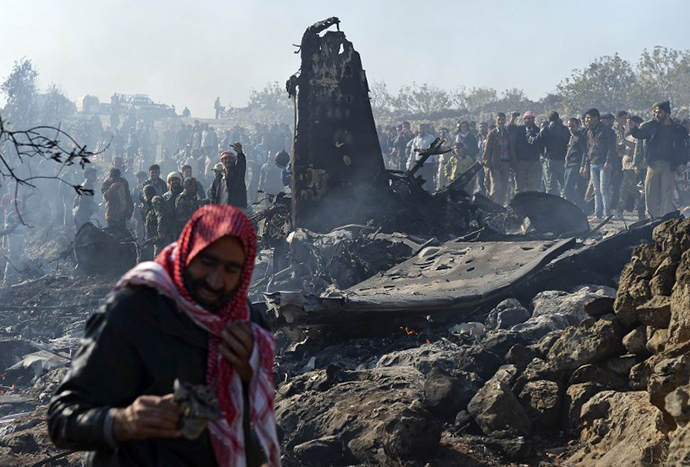
“It would be very problematic for them to declare a
no-fly-zone over Syria and engage in air strikes over Damascus
and Aleppo and other cities throughout the country, because they
have the support of other countries that have said they will not
allow the US or UN to carry out bombing operations over
Syria,” Abayomi Azikwe, editor of the pan-African news wire
told RT.
Veto-holding members of the UNSC Russia and China are opposing
foreign intervention into the Syrian crisis.
Russian president Vladimir Putin held an operational meeting with
Russian Security Council members on Friday, Putin’s official
spokesperson, Dmitry Peskov, confirmed to RIA Novosti. Included
among the discussion topics was “the situation around Syria in
light of recent statements made in Washington,” he added.
The decision is not yet ‘imminent’ according to Rhodes. “It's
far more complex to undertake the type of effort, for instance,
in Syria than it was in Libya,” he said.




